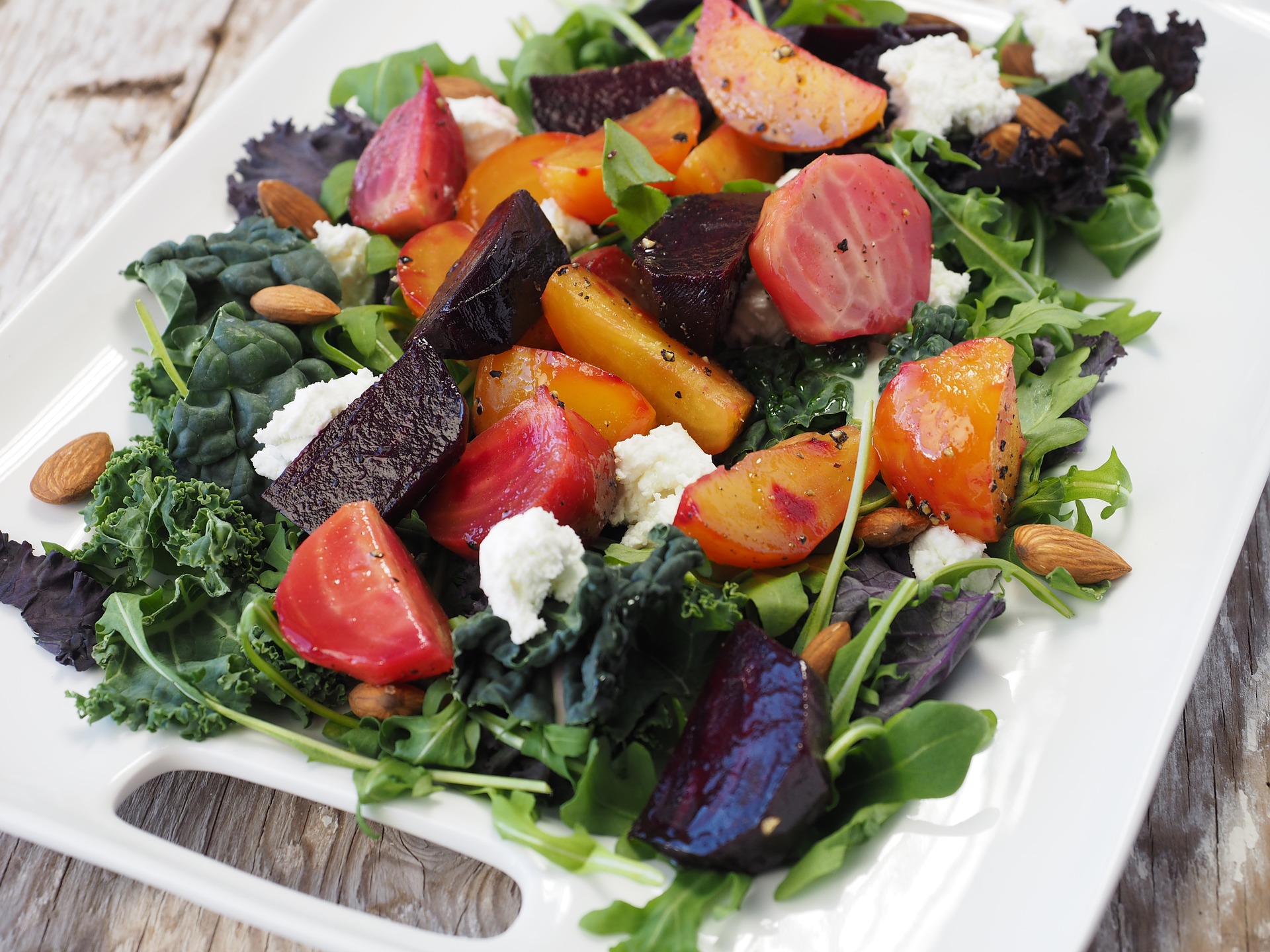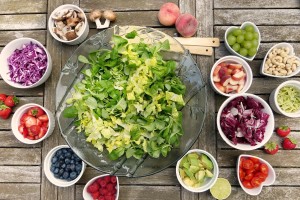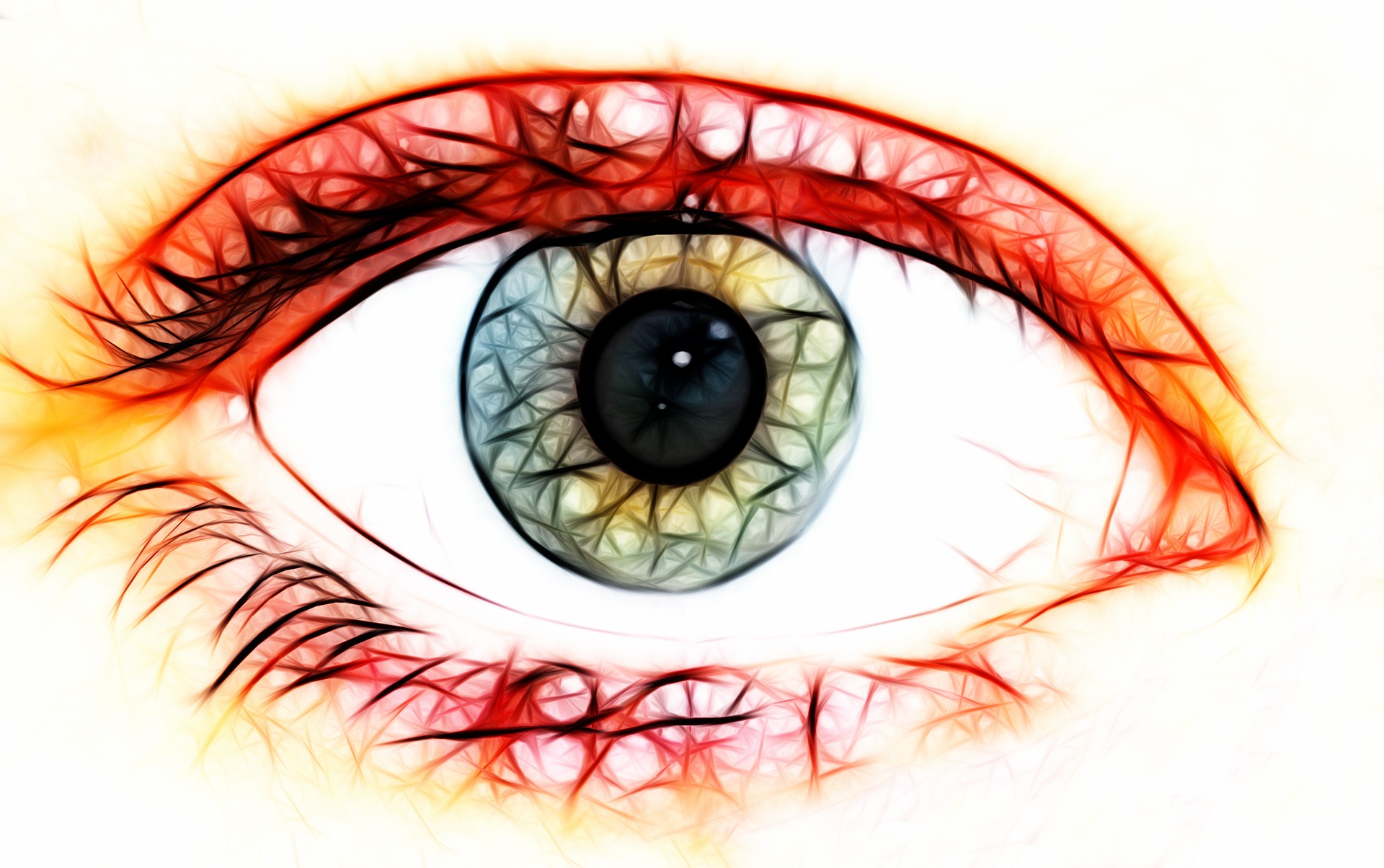
VITAMINS THAT YOU NEED IF YOU SUFFER FROM SICKLE CELL ANEMIA
Anyone who suffers from Sickle Cell Anemia, will need to make a conscious effort to eat well and take some supplements. On a personal note, I prefer to eat food that contain the vitamins that my body needs. Here are some of those vitamins and food that contain them:-
Vitamin A
Vitamin A is a fat-soluble vitamin that is necessary for the proper function of the immune system, vision, and cell growth. It acts as an antioxidant in cells and helps repair damage. It also helps ward off age-related macular degeneration (AMD), a leading cause of vision loss. Vitamin A is found in foods like liver, meat, fish, and dairy products. Another compound called beta-carotene is found in orange fruits and vegetables including cantaloupe, carrots, mangoes, sweet potatoes, and apricots. It is also found in spinach, red peppers, and broccoli. The body converts beta-carotene into vitamin A
Vitamin B1 (Thiamine or Thiamin)
Vitamin B1, or thiamine, is a vitamin that the body requires for energy metabolism and for cell growth, function, and development. Thiamine is also necessary for the proper function of the brain. It is found in meat, fish, and whole grains. Breakfast cereals are often fortified with vitamin B1.
Vitamin B2 (Riboflavin)
Vitamin B2, or riboflavin, is a vitamin that the body needs to produce energy and facilitate cell growth, function, and development. It is also used to metabolize drugs and fats. The vitamin is bright yellow. It is found in organ meats, eggs, milk, lean meats, and vegetables. Cereals and some grains are fortified with riboflavin.
Vitamin B3 (Niacin)
Vitamin B3, or niacin, is a B vitamin that the body uses to convert food into energy and store it. It also aids the function of nerves and promotes the health of the skin, tissues, and digestive system. Niacin is found in milk, eggs, canned tuna, lean meats, fish, peanuts, legumes, and poultry and enriched cereals and breads.
Vitamin B6
Vitamin B6 is a B vitamin that is needed for more than 100 different reactions in the body. It is critical for proper brain function, to manufacture neurotransmitters, and it helps regulate mood. Good sources of this vitamin include beef liver, lean meat, legumes, fish, leafy greens, starchy vegetables like potatoes, and fruits (excluding citrus fruit). Fortified cereals have the vitamin, too.
Vitamin B12
Vitamin B12, or cobalamin, is a vitamin that helps you break down food for energy. Your body uses it to form red blood cells and DNA. You also need it for proper neurological function and to make SAMe, a compound your body needs to make genetic material, proteins, hormones, and fats. Vitamin B12 is found in clams, liver, fortified cereal, fish, meat, dairy products, and eggs.
Vitamin C
Vitamin C (also termed ascorbic acid) is an antioxidant vitamin that your body needs to maintain healthy bones, skin, and muscles. Good food sources of vitamin C include lemons, papaya, strawberries, orange juice, kiwi, bell peppers, cantaloupe, broccoli, and other types of fruits and veggies. Most people easily get enough vitamin C in their daily diets. Vitamin C is a water-soluble vitamin so you need to eat vitamin C rich foods regularly or take a supplement to make sure you always maintain adequate levels.
Vitamin D
Vitamin D is a fat-soluble vitamin that the body needs to regulate cell growth, combat inflammation, and enhance immune function. Vitamin works with calcium to maintain strong, healthy bones and help prevent osteoporosis. Good sources of vitamin D include fatty fish like salmon, mackerel, and tuna. Smaller amounts are found in egg yolks. Fortified milk and orange juice may contain vitamin D as well. The best way to get vitamin D is to spend approximately 10-15 minutes outside in the sun on a clear day without sunscreen. Your skin manufactures vitamin D when you get sun exposure.
Vitamin E
Vitamin E is an antioxidant vitamin that protects cells against free radicals. Free radicals may be produced by things that can harm cells and tissues including pollution, cigarette smoke, sunlight, and more. Good sources of vitamin E include wheat germ oil, sunflower seeds, almonds, hazelnuts, and peanuts. Nut butters are good sources of vitamin E. If you are allergic to nuts, smaller amounts of vitamin E are found in safflower oil, sunflower oil, broccoli, leafy vegetables, and spinach.
Folic Acid
Folate is a B vitamin. Natural sources are found in green leafy vegetables, nuts, meat, poultry, beans, fruit, seafood, eggs, grains, liver, spinach, asparagus and Brussels sprouts. Some cereals and other foods are fortified with a form of the vitamin called folic acid.
Vitamin K
Vitamin K is a nutrient that is necessary to maintain healthy bones. It serves as a co-enzyme, or a necessary helper, for the production of proteins that aid in both blood clotting and bone metabolism. Vitamin K is found in abundance in leafy vegetables like collards, turnip greens, spinach, and kale. It is also found in broccoli. Smaller amounts are found in soy, carrot juice, canned pumpkin, pomegranate juice, and okra. The best natural source of vitamin K that has the greatest amount of this vitamin is a fermented soybean dish, otherwise known as natto.
Reference: https://www.onhealth.com/content/1/minerals_vitamins_nutritional_health_body_needs
My book – HOW TO LIVE WITH SICKLE CELL: Sickle Cell and I (is now available on OkadaBooks and Amazon). Pls get your copy.








I am also a sickle cell patient. infact I didn’t know how to go by but now I have learnt the dos and donts and I think I will learn from it and practice it as well
Hello Meshack, thank you for getting in touch. I am glad to hear that you have learnt about the dos and don’ts of SCD. I wish you well.